Community resolutions used in 10,000 serious violence cases
Critics blame police cuts for sharp rise in number of people dodging court for violent crimes
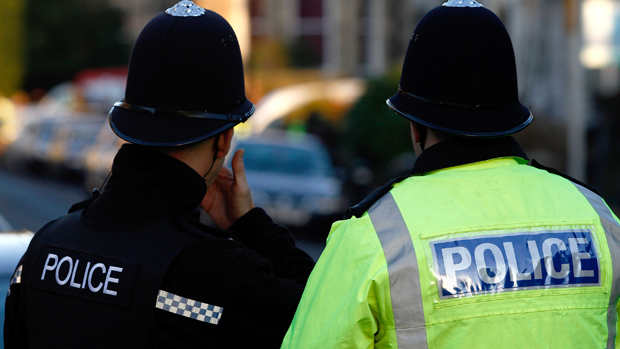
A free daily email with the biggest news stories of the day – and the best features from TheWeek.com
You are now subscribed
Your newsletter sign-up was successful
POLICE resolved more than 10,000 cases of serious violent crime last year using 'community resolutions', an informal system that requires perpetrators to apologise or compensate their victims rather than face a criminal charge.
Community resolutions are only supposed to be used in relation to "low-level" crime, the Association of Chief Police Officers (Acpo) said. The system – also known as restorative justice – usually requires an offender to apologise, pay compensation or repair any damage caused. Unlike a prosecution or a caution, this does not result in a criminal record.
But data obtained by the Labour Party from 33 police forces in England and Wales show that a community resolution was applied in 10,160 incidents of "serious violence" last year - about 12 times the figure five years ago, the BBC reports. It means that 14 per cent of violent offences are being dealt with informally rather than going through the courts.
The Week
Escape your echo chamber. Get the facts behind the news, plus analysis from multiple perspectives.

Sign up for The Week's Free Newsletters
From our morning news briefing to a weekly Good News Newsletter, get the best of The Week delivered directly to your inbox.
From our morning news briefing to a weekly Good News Newsletter, get the best of The Week delivered directly to your inbox.
The sharp increase can be attributed to the fact that police are increasingly being encouraged to use informal sanctions in relation to minor incidents as a way of "reducing the burden on the criminal justice system", the BBC's home affairs correspondent Danny Shaw says.
Shadow home secretary Yvette Cooper went further, describing the sharp rise in community resolutions as "extremely serious" and blaming it on government cuts. Cooper said there had been "a massive increase in the number of serious and violent crimes dealt with just by community resolution ever since the police cuts started - breaking all the expert guidance and promises from ministers".
Guidelines published by Acpo say that community resolutions should be used for "less serious" offences which may include "minor assaults without injury". But the BBC says they are being applied to acts of serious violence which include crimes such as inflicting GBH without intent, assault occasioning actual bodily harm and malicious wounding.
A free daily email with the biggest news stories of the day – and the best features from TheWeek.com
-
 5 cinematic cartoons about Bezos betting big on 'Melania'
5 cinematic cartoons about Bezos betting big on 'Melania'Cartoons Artists take on a girlboss, a fetching newspaper, and more
-
 The fall of the generals: China’s military purge
The fall of the generals: China’s military purgeIn the Spotlight Xi Jinping’s extraordinary removal of senior general proves that no-one is safe from anti-corruption drive that has investigated millions
-
 Why the Gorton and Denton by-election is a ‘Frankenstein’s monster’
Why the Gorton and Denton by-election is a ‘Frankenstein’s monster’Talking Point Reform and the Greens have the Labour seat in their sights, but the constituency’s complex demographics make messaging tricky
-
 What to do if your phone is stolen
What to do if your phone is stolenThe Explainer An average of 180 phones is stolen every day in London, the 'phone-snatching capital of Europe'
-
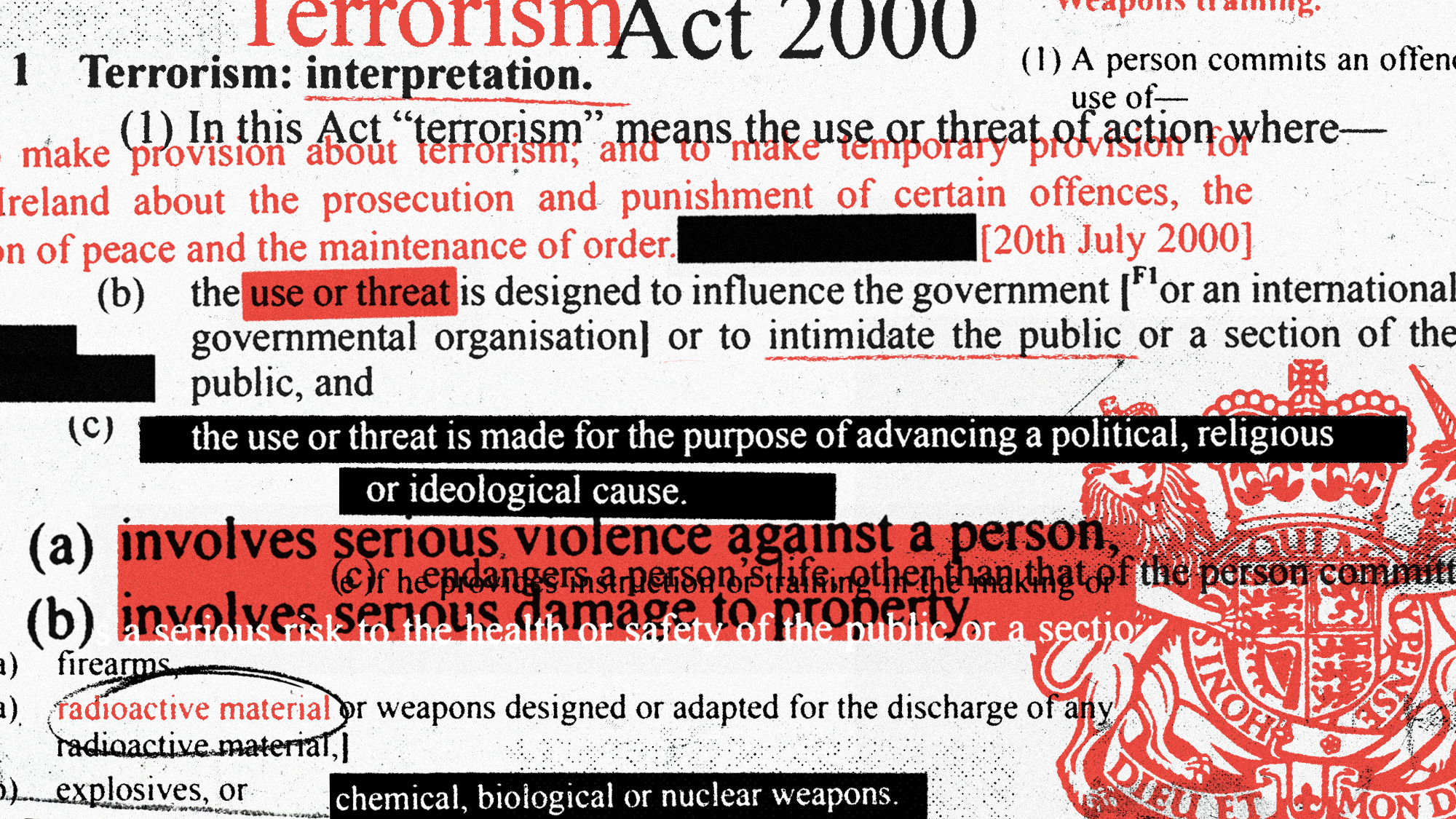 How should we define extremism and terrorism?
How should we define extremism and terrorism?Today's Big Question The government has faced calls to expand the definition of terrorism in the wake of Southport murders
-
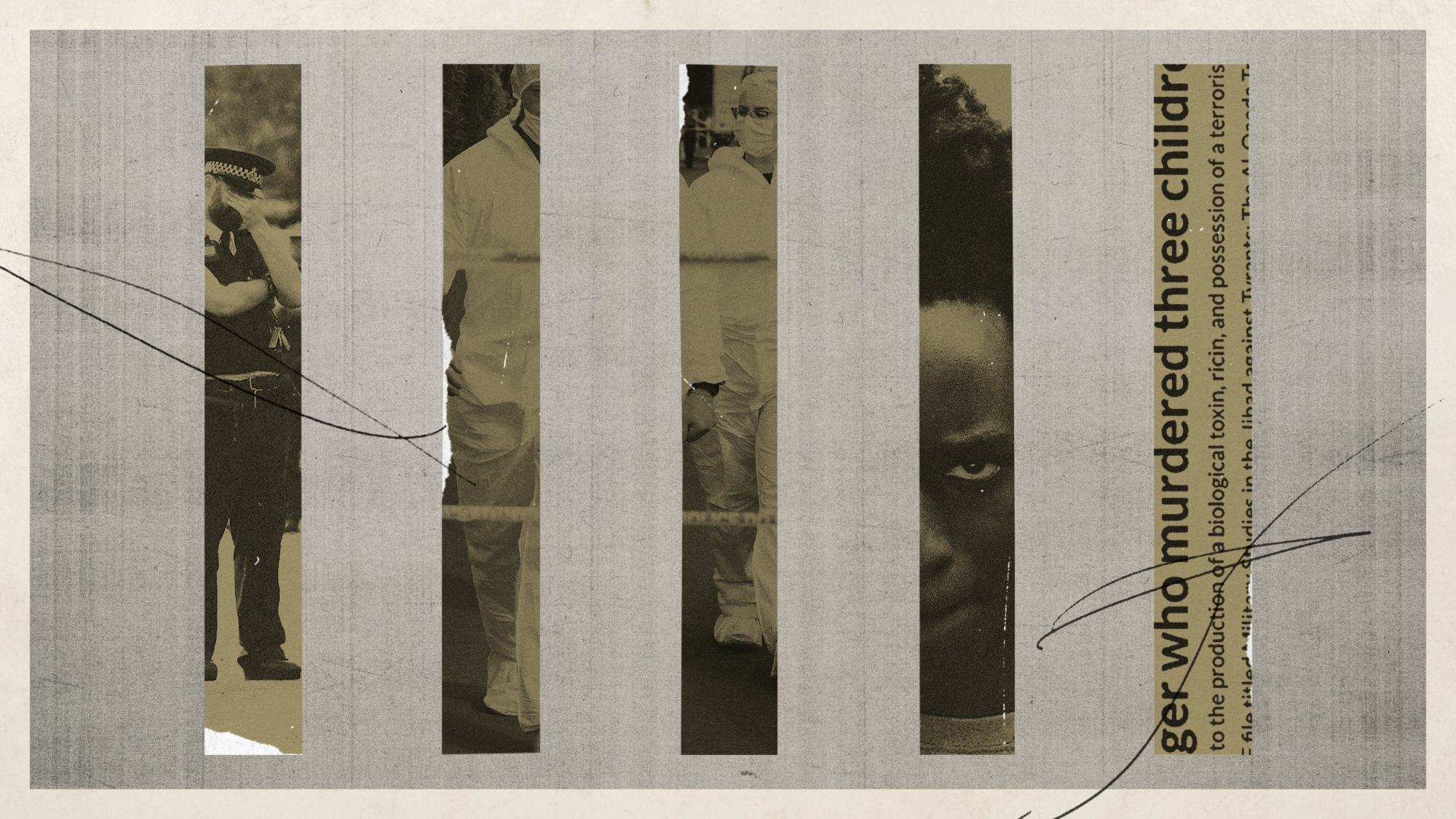 Axel Rudakubana: how much did the authorities know about Southport killer?
Axel Rudakubana: how much did the authorities know about Southport killer?Today's Big Question Nigel Farage accuses PM of a cover-up as release of new details raises 'very serious questions for the state about how it failed to intervene before tragedy struck'
-
 The ongoing nightmare of Chloe Ayling's abduction
The ongoing nightmare of Chloe Ayling's abductionIn depth The model hopes the BBC's new drama detailing her 2017 kidnapping will finally bring an end to her traumatic ordeal
-
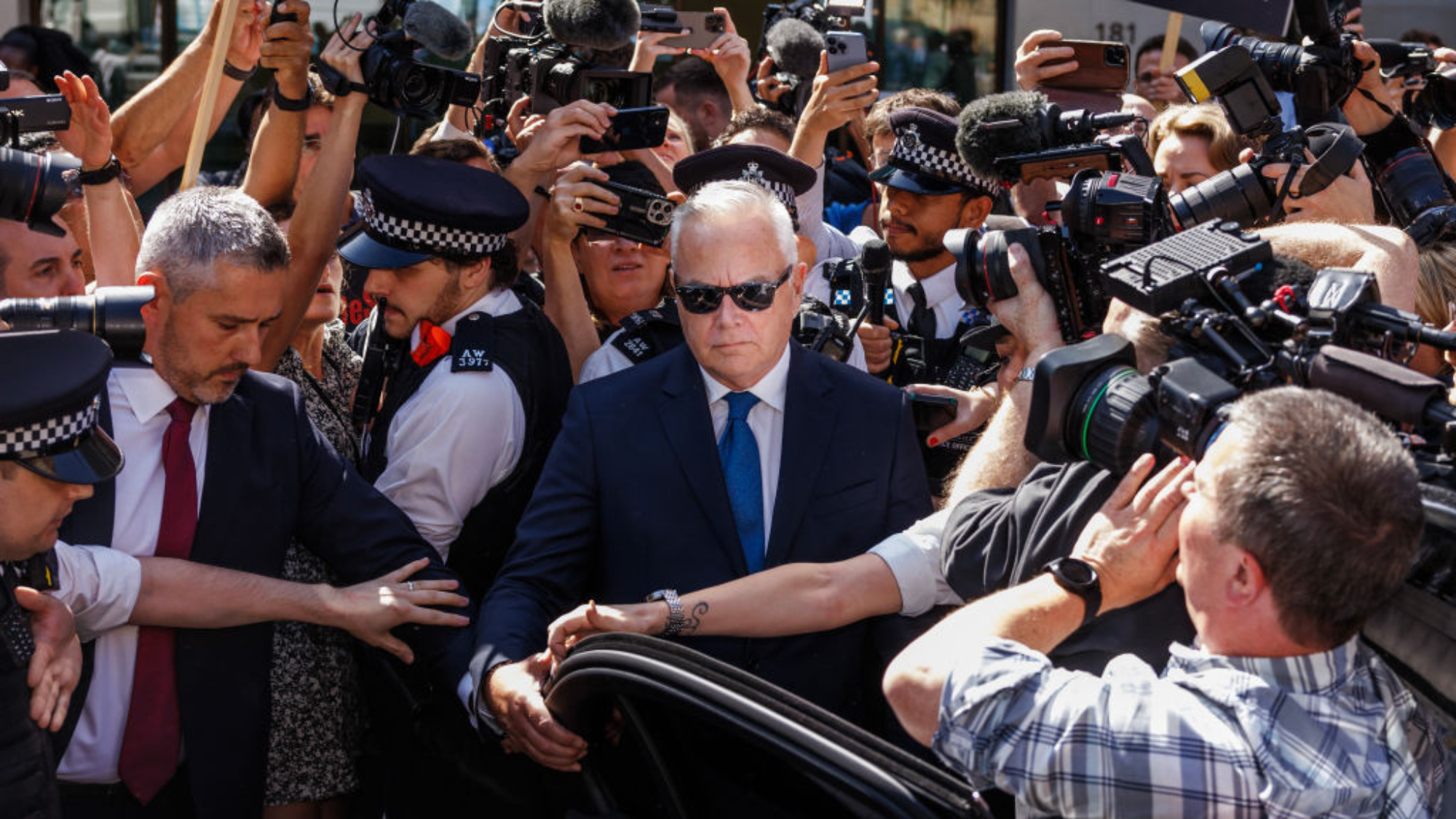 Huw Edwards pleads guilty to making indecent images of children
Huw Edwards pleads guilty to making indecent images of childrenSpeed Read 'Chaos' outside Westminster Magistrates' Court before former BBC presenter's hearing
-
 Russell Brand: trial by media?
Russell Brand: trial by media?Comedian denies accusations of sexual assault and rape in joint media investigation
-
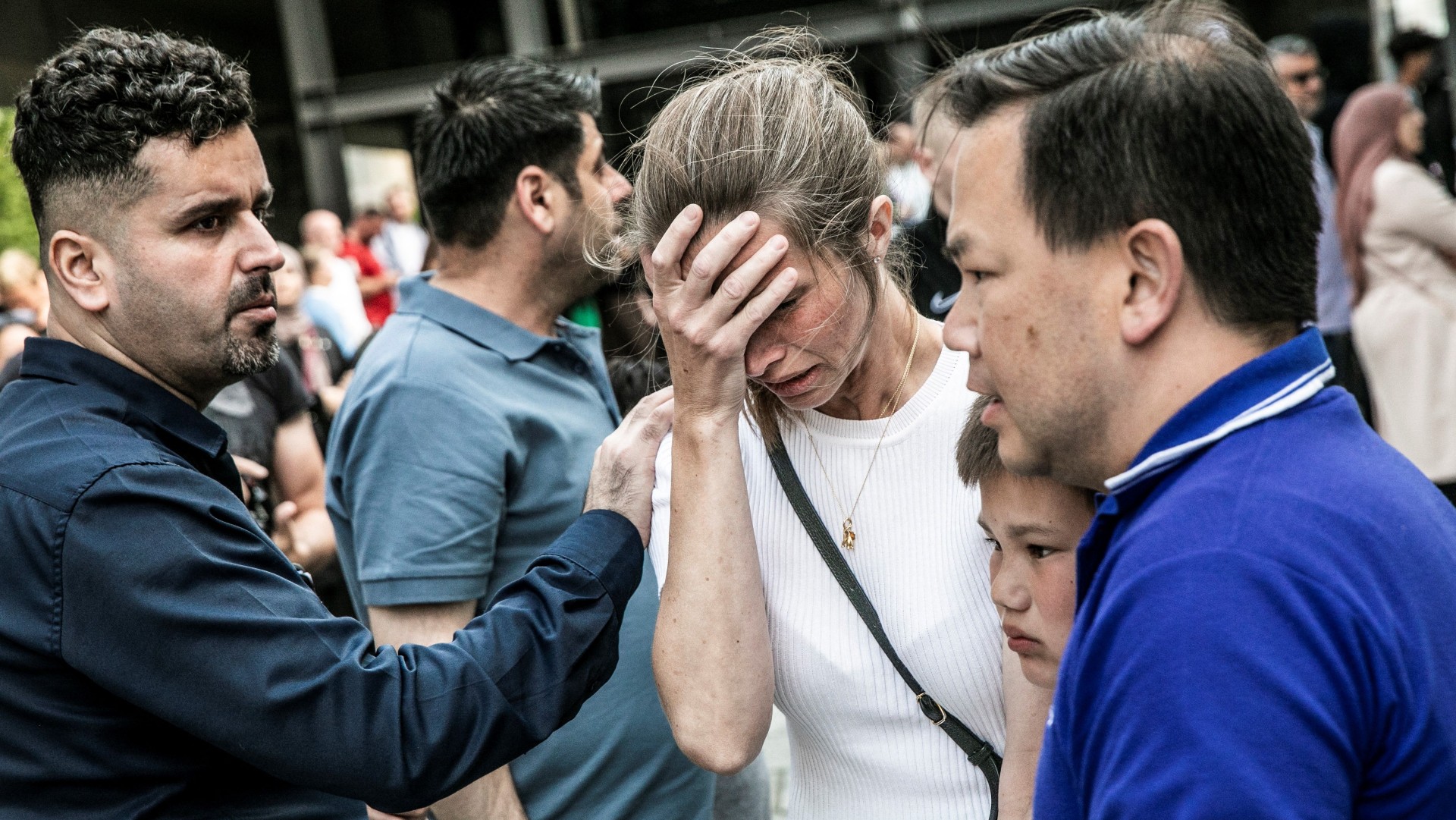 What we know about the Copenhagen mall shooting
What we know about the Copenhagen mall shootingSpeed Read Lone gunman had mental health issues and not thought to have terror motive, police say
-
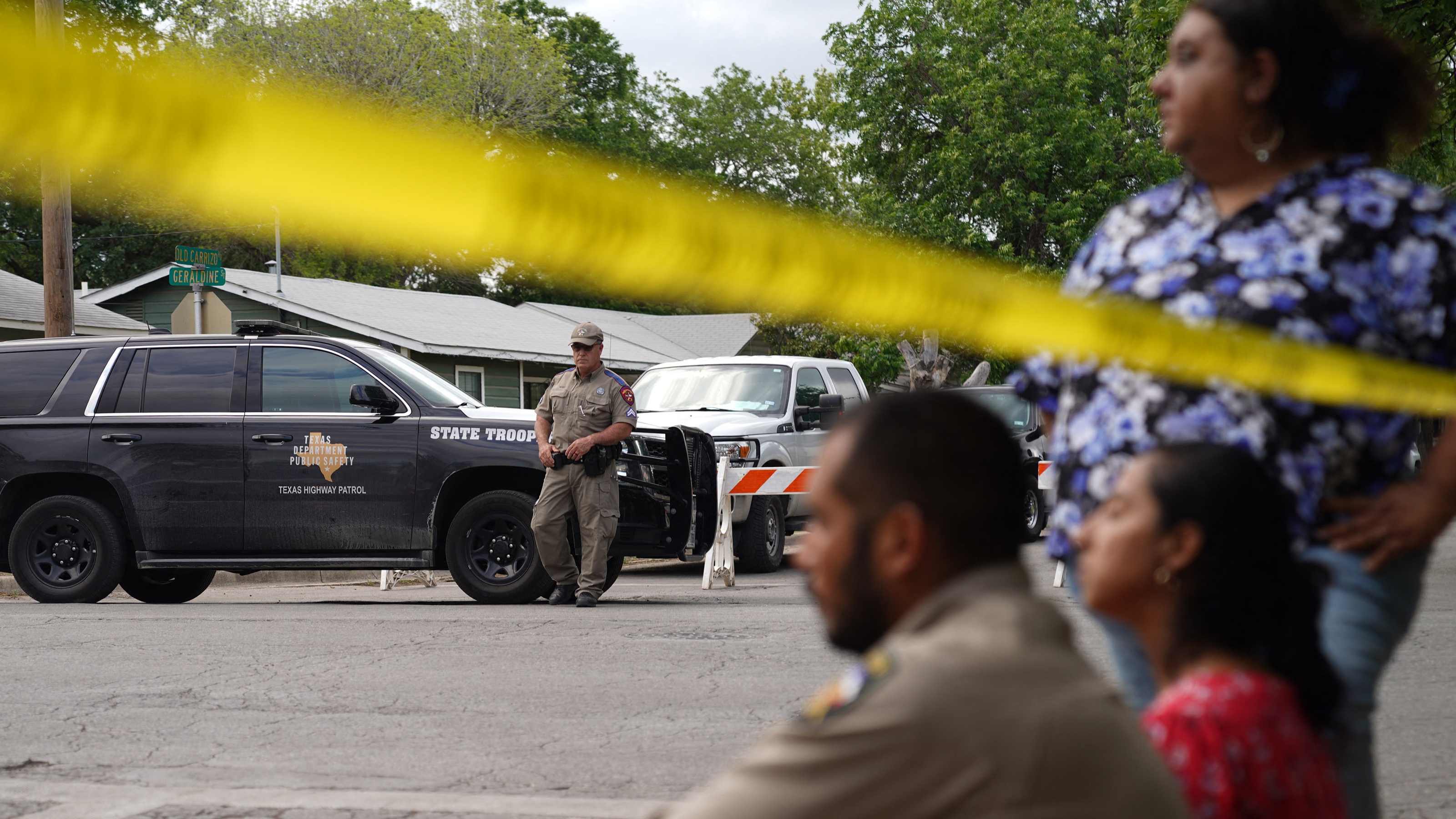 Texas school shooting: parents turn anger on police
Texas school shooting: parents turn anger on policeSpeed Read Officers had to be urged to enter building where gunman killed 21 people